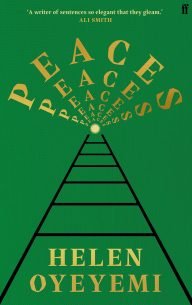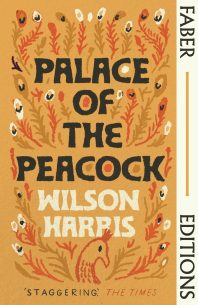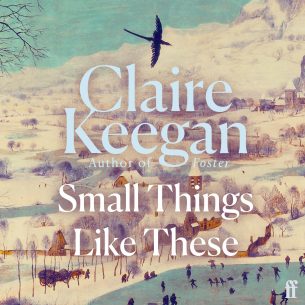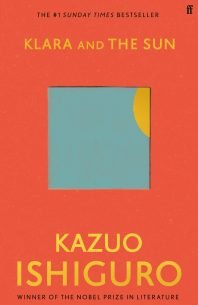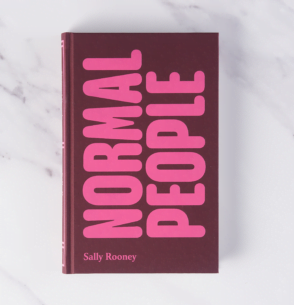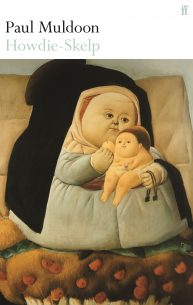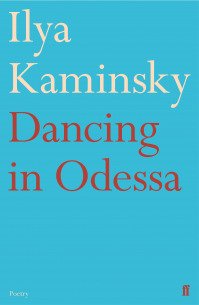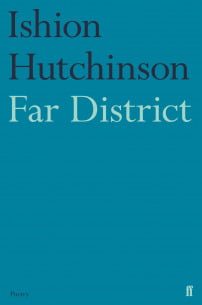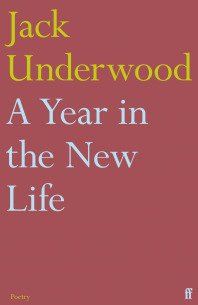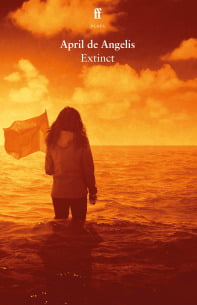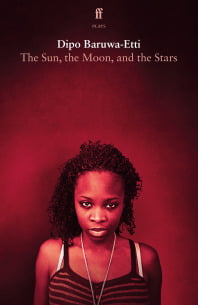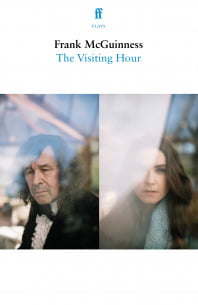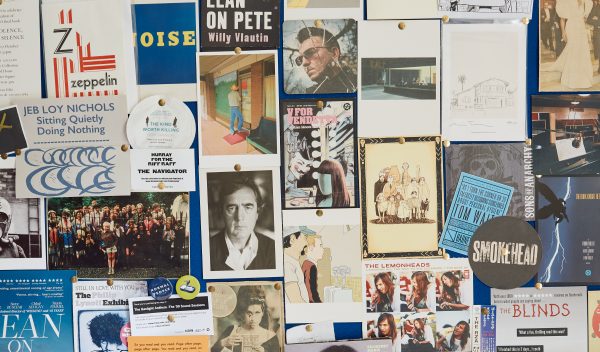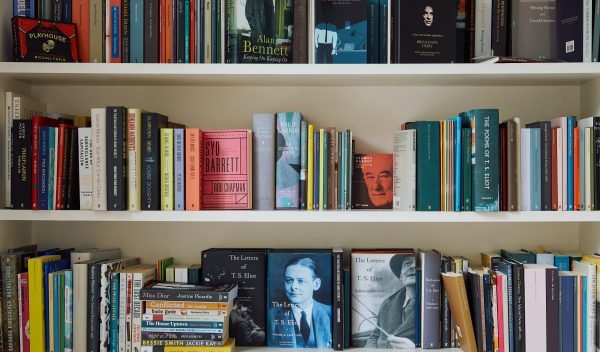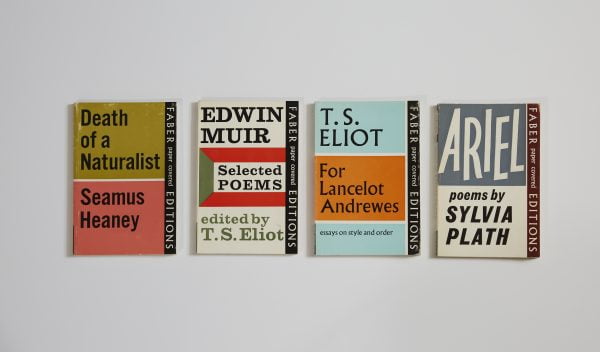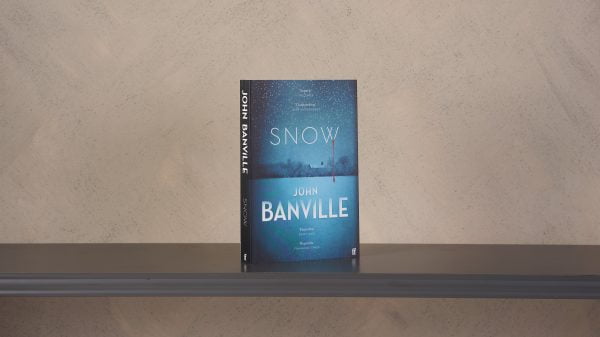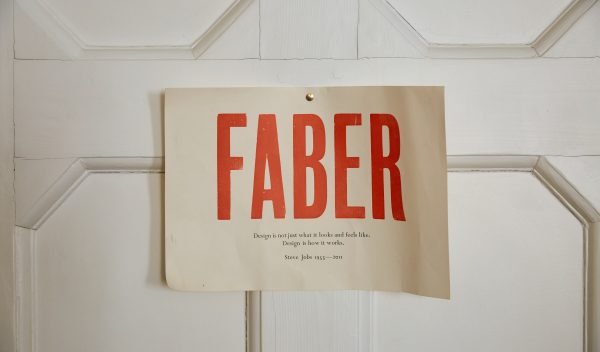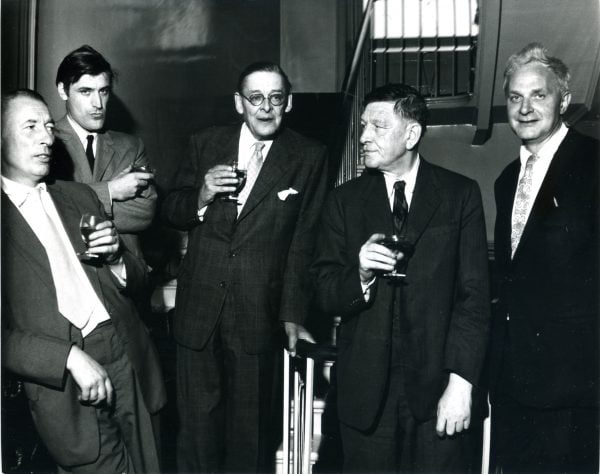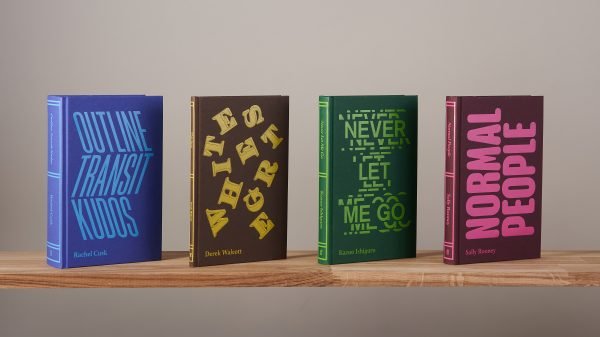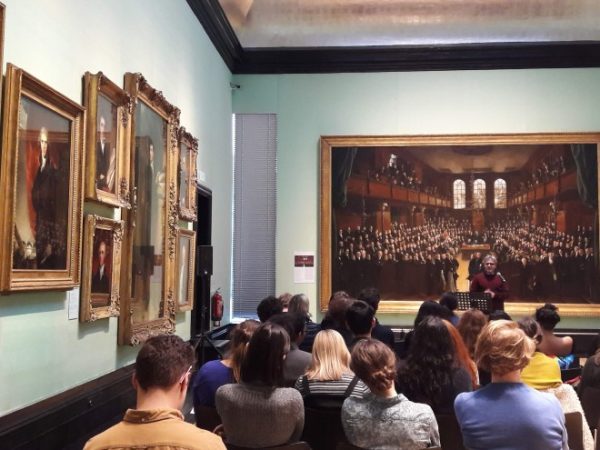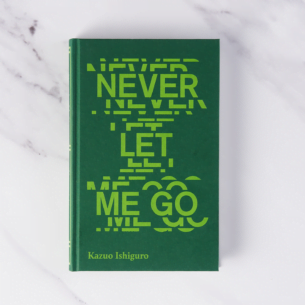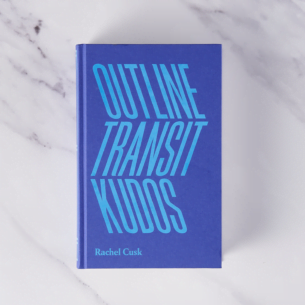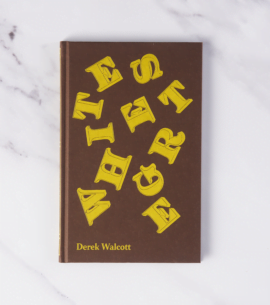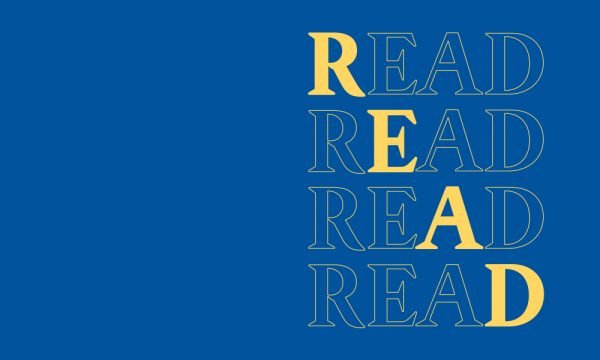


I am the son of a refugee – but that is not why I wrote Child I
Steve Tasane’s Child I tells the story of a group of undocumented children living in a refugee camp. They have stories to tell but no papers to prove them. Here, the author explains why he wrote his astonishing novella.
I am the son of a refugee, but that it not the only reason why I wrote Child I.
When I was a child I was a recipient of free school dinners, and charity bags full of toys and suchlike at Christmastime. We were a charity case and I had a foreign-sounding name – Tasane. But in some ways, the worst thing of all, was that my father then deserted me, my three brothers, and my mother. We were a broken home. I hated being a broken child.
My father fled Estonia in the aftermath of World War two, alternately oppressed by the Nazis and by Stalin’s communists. His brother was shot by Russian soldiers, and the family farm seized. The violence and terror was of such intensity that after he fled Estonia he never dared return, and he cut all ties with his family.
The fact that he was then so able to desert his new British family, his four sons, myself the youngest at 4 and a half, the eldest 11, was something I never fully understood. I suppose that he had developed an ability to cut himself off from emotional connections, and do whatever he felt necessary in order to continue surviving. In other words, once a refugee, always a refugee.
I grew up intensely envious of my friends who had a father. I grew up feeling the same otherness that my father must have felt as a refugee arriving in the UK. My home was broken, and I had a mysterious absent father. But my mother brought us up, and it was for my mother that I developed a deep love. Despite her struggles, her sense of shame, and our need to rely on charity.
But I had no idea about my name. About the country my father came from. My name Tasane had become Anglicized in its pronunciation, and I felt as if I had no cultural sense of who I was. I was just Tasane and knew that there was shame in that name. It was defined by free school meals and the knowing, sneery questions of my fellow pupils. I had no father, but the name I’d inherited from my father was alien. Was I, in fact, just foreign, with a mother who was not able to afford to feed us.
So, when I saw a video of a brother and sister celebrating their discovery of breadcrumbs in the mud in a refugee camp, I was compelled to write their story – my story – about losing family, losing identity, and how – anywhere at all in the world – children continue to seek out familial security and warmth, in whatever form they find it.
It can sometimes feel as if we live in a world without compassion. I was struck by how the children in the video had nothing but compassion, how they had no ill will towards others, how they simply wanted to survive and find their family.
Child I is not my story. But it draws together the links between my own shattered upbringing and that of young refugee children growing up in today’s crisis-defined world. Nothing has really changed. We just want to belong. We just want to not be hungry. We just want to be able to laugh and play. We want to be.
And that is why I wrote Child I.
— Steve Tasane
